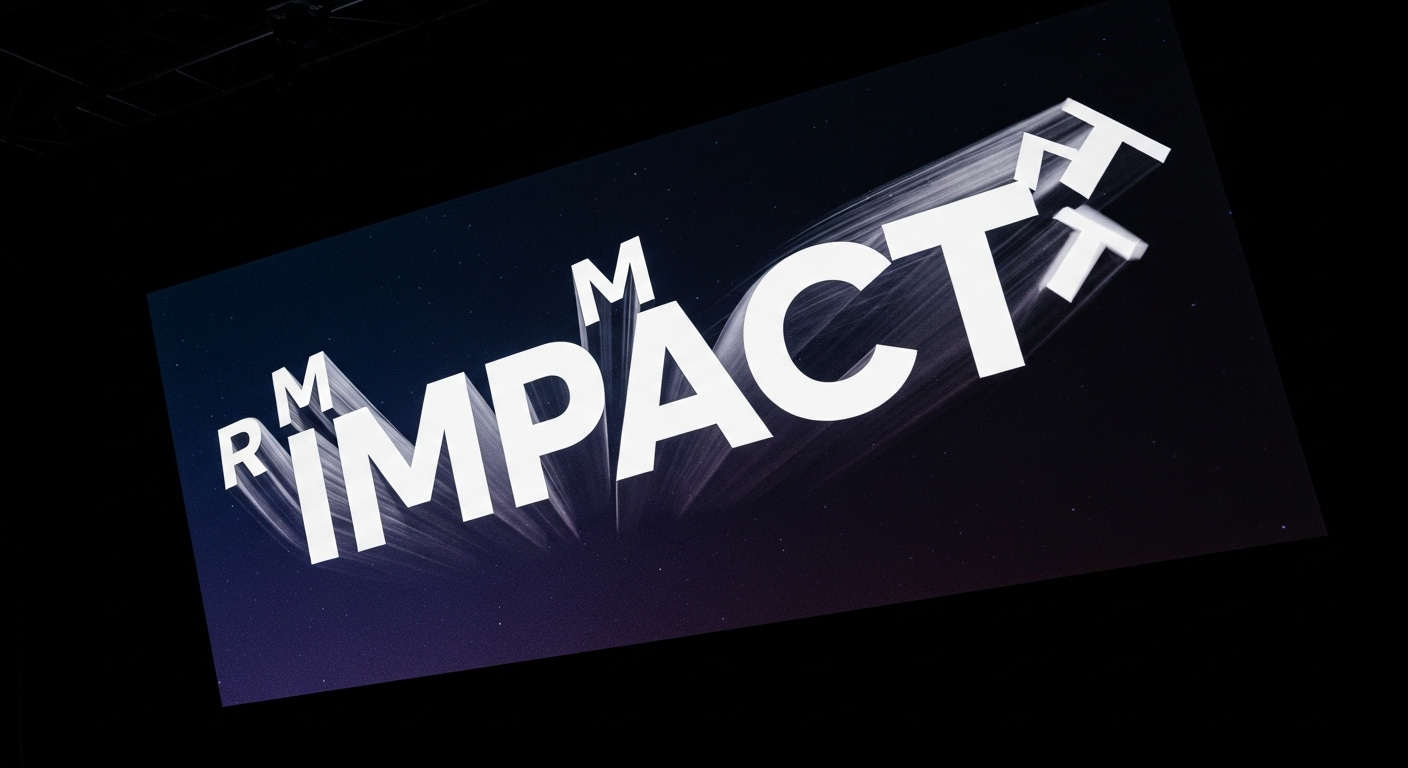Understanding Disability Insurance: Protecting Your Financial Future
Disability insurance is a crucial financial tool that provides income protection in the event you become unable to work due to illness or injury. This type of insurance acts as a safety net, ensuring that you can maintain your standard of living and meet financial obligations even when you're unable to earn your regular income. As an essential component of a comprehensive financial plan, disability insurance offers peace of mind and security for individuals and families facing unexpected health challenges.

There are two main types of disability insurance: short-term and long-term. Short-term disability insurance generally covers a period of a few months up to a year, while long-term disability insurance can provide benefits for several years or even until retirement age. The choice between these options depends on individual needs, financial situations, and the level of coverage desired.
How does disability insurance differ from other types of insurance?
Unlike health insurance, which covers medical expenses, disability insurance focuses on replacing lost income. While health insurance helps pay for doctor visits, hospital stays, and treatments, disability insurance provides a regular income stream to help cover daily living expenses when you’re unable to work. This distinction is crucial, as many people mistakenly believe that their health insurance will provide adequate financial protection in case of disability.
Another key difference is that disability insurance is separate from workers’ compensation insurance. Workers’ compensation only covers injuries or illnesses that occur on the job, while disability insurance provides coverage regardless of where or how the disability occurs. This broader protection makes disability insurance an essential safeguard for individuals in various professions and life situations.
What are the benefits of having disability insurance?
The primary benefit of disability insurance is financial protection. It ensures that you can continue to pay for essential expenses such as housing, food, and utilities even when you’re unable to work. This financial stability can significantly reduce stress and allow you to focus on recovery rather than worrying about bills and financial obligations.
Additionally, disability insurance can help preserve your long-term financial goals. Without this coverage, individuals might be forced to dip into savings or retirement accounts to cover expenses during a period of disability. By providing a steady income stream, disability insurance helps protect these important financial resources for their intended purposes.
Disability insurance also offers flexibility in terms of coverage options. Policies can be tailored to individual needs, with features such as cost-of-living adjustments, partial disability benefits, and the ability to increase coverage as income grows. This customization allows policyholders to create a safety net that aligns with their specific financial circumstances and goals.
Who should consider purchasing disability insurance?
Disability insurance is valuable for a wide range of individuals, but it’s particularly important for those who rely on their income to maintain their lifestyle and meet financial obligations. This includes:
-
Primary breadwinners: If your family depends on your income, disability insurance can help ensure their financial stability in case you’re unable to work.
-
Self-employed individuals: Without access to employer-sponsored disability coverage, self-employed professionals should strongly consider private disability insurance.
-
High-income earners: Those with higher incomes may find that Social Security disability benefits alone are insufficient to maintain their standard of living.
-
Young professionals: Purchasing disability insurance early in your career can lock in lower premiums and ensure long-term protection.
-
Individuals with dependents: Parents or caregivers should consider disability insurance to protect their ability to provide for those who rely on them financially.
How much does disability insurance typically cost?
The cost of disability insurance can vary widely based on factors such as age, health, occupation, and the level of coverage selected. Generally, premiums for disability insurance range from 1% to 3% of your annual income. However, this is a broad estimate, and individual rates can fall outside this range.
| Provider | Coverage Type | Estimated Annual Premium Range |
|---|---|---|
| Guardian | Long-term | $1,000 - $3,000 |
| Mutual of Omaha | Short-term | $500 - $1,500 |
| Northwestern Mutual | Long-term | $1,200 - $3,500 |
| Breeze | Long-term | $800 - $2,500 |
| Assurity | Short-term | $600 - $1,800 |
Prices, rates, or cost estimates mentioned in this article are based on the latest available information but may change over time. Independent research is advised before making financial decisions.
It’s important to note that while disability insurance premiums may seem costly, the potential financial protection they offer can far outweigh the expense. Many financial advisors recommend viewing disability insurance as an essential investment in your financial security rather than an optional expense.
How can one obtain disability insurance?
Disability insurance can be obtained through several channels:
-
Employer-sponsored plans: Many companies offer group disability insurance as part of their benefits package. While often more affordable, these plans may have limited coverage.
-
Professional associations: Some professional organizations provide access to group disability insurance for their members.
-
Private insurance companies: Individual policies can be purchased directly from insurance providers, offering more customized and comprehensive coverage.
-
Insurance brokers: Working with an independent insurance broker can help you compare options from multiple providers and find the best policy for your needs.
When considering disability insurance, it’s crucial to carefully review policy terms, including the definition of disability, benefit period, elimination period (waiting period before benefits begin), and any exclusions or limitations. Consulting with a financial advisor or insurance professional can help ensure you select the most appropriate coverage for your situation.
In conclusion, disability insurance plays a vital role in comprehensive financial planning. By providing income protection in the face of unexpected health challenges, it offers peace of mind and financial security. Whether through an employer-sponsored plan or an individual policy, disability insurance is an important consideration for anyone who relies on their income to maintain their lifestyle and meet financial obligations.





